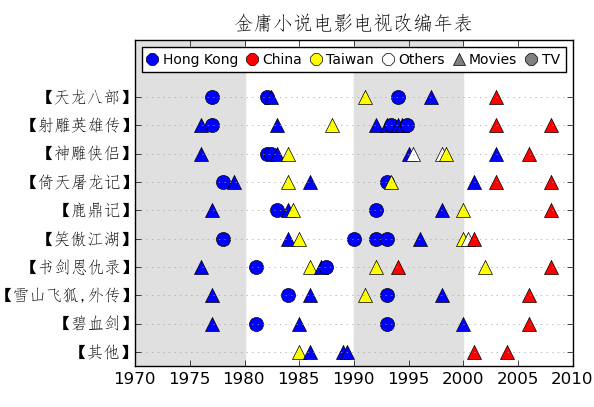Wells Fargo Bank is ordered to repay about $203 million to customers who were unfairly charged fees in debit card transactions under a court ruling. As a customer of the bank for over 10 years (though I have never been hit by the overdraft charge), I'm really unpleased with my bank's ethics.
The key scheme works like this. Let's say a customer have $10 in his account. Without a good knowledge the account balance, the customer make multiple debit charges and overdrafted his account. Let says he make a series of transactions in the amount of 5, 1, 2, 3, 11, bringing the final balance to -$12. Instead of denying the charges, Wells Fargo introduced a new feature around 2000 to automatically gives credit to the customer. The catch is each overdraft will cost them a fine of, say, $25. This in itself is not very evil. But what is really enraging is the way the bank manipulate the charges to maximize the overdraft fine. Instead of processing the debit in the order it comes in, the bank rearranged the charges to process them from highest amount to lowest amount order, i.e. 11, 5, 3, 2, 1. In this case all 5 transactions results in overdraft and a $125 fine. If they were processed in chronological order, they fine will be only $50 instead.
The bank insist they have done the right thing for the customers and the customers desire this. Because the larger amount transaction is more likely to be important, therefore it was given priority. Such reasoning is what prompt me to write this blog. It angers me because the bank is offering us a bogus reason. Since all charges are authorized no matter what order they comes in, the customers receive no benefit what so ever from such "prioritization". It would have make a difference if the bank deny the transaction once the account run out of fund. But in the present scheme, the only difference is the amount of fine the customer will incur. It can be mathematically proven that by processing the transaction from lowest amount to the highest, it results in least fine and thus the most beneficial to the customer. Instead the bank scheme to process the transaction from highest amount to lowest, this results in maximum fine and thus results in worst outcome for the customer. There is simply no justification to choose this scheme other than enriching the bank.
Note that while Well Fargo is the first bank to lose an anti-consumer lawsuit, this is an industrial wide practice. I'm looking forward for other major banks to be exposed and fined.
After this ruling and addition regulation against such practice preceding the trial, the banks are grumbling on how much revenue they are going to lose and the possibility of stop offering free checking and other banking service to make up for the difference. For me this should raise an alarm on the corporate board level. When your company is deriving a significant portion of revenue from such unsavory source, it is a clear indicator that it is not doing the right thing. It is like opening a gym with free membership, but in fact the true revenue is derived from the vending machine on the floor selling tobacco. Sooner or later pressure will come to maximize profit. Then the company will be mobilized to sell more tobacco to more people. This will become a corrupting force in no time.
Clearly a company wants to make profit and there is always a pressure to maximize profit. But the question if they earn it because they are providing value to the customer? It is justifiable if they charge for banking services because they are managing my money and dispose them to merchants I authorize to. But the overdraft fee scheme did not provide any value. Instead it is nothing but an exploitation on uninformed customers.
2010.08.15 [business, ethics] -
comments

